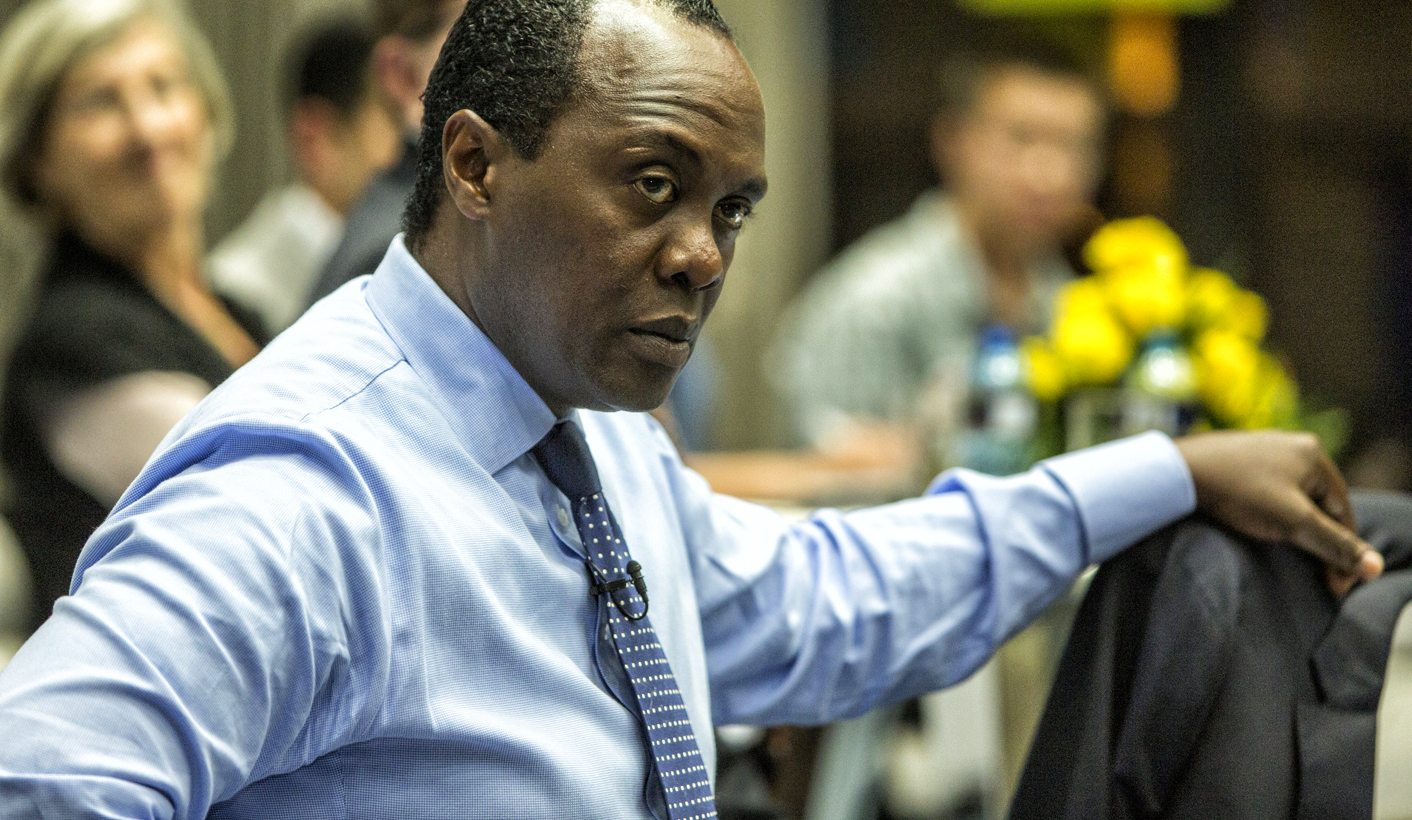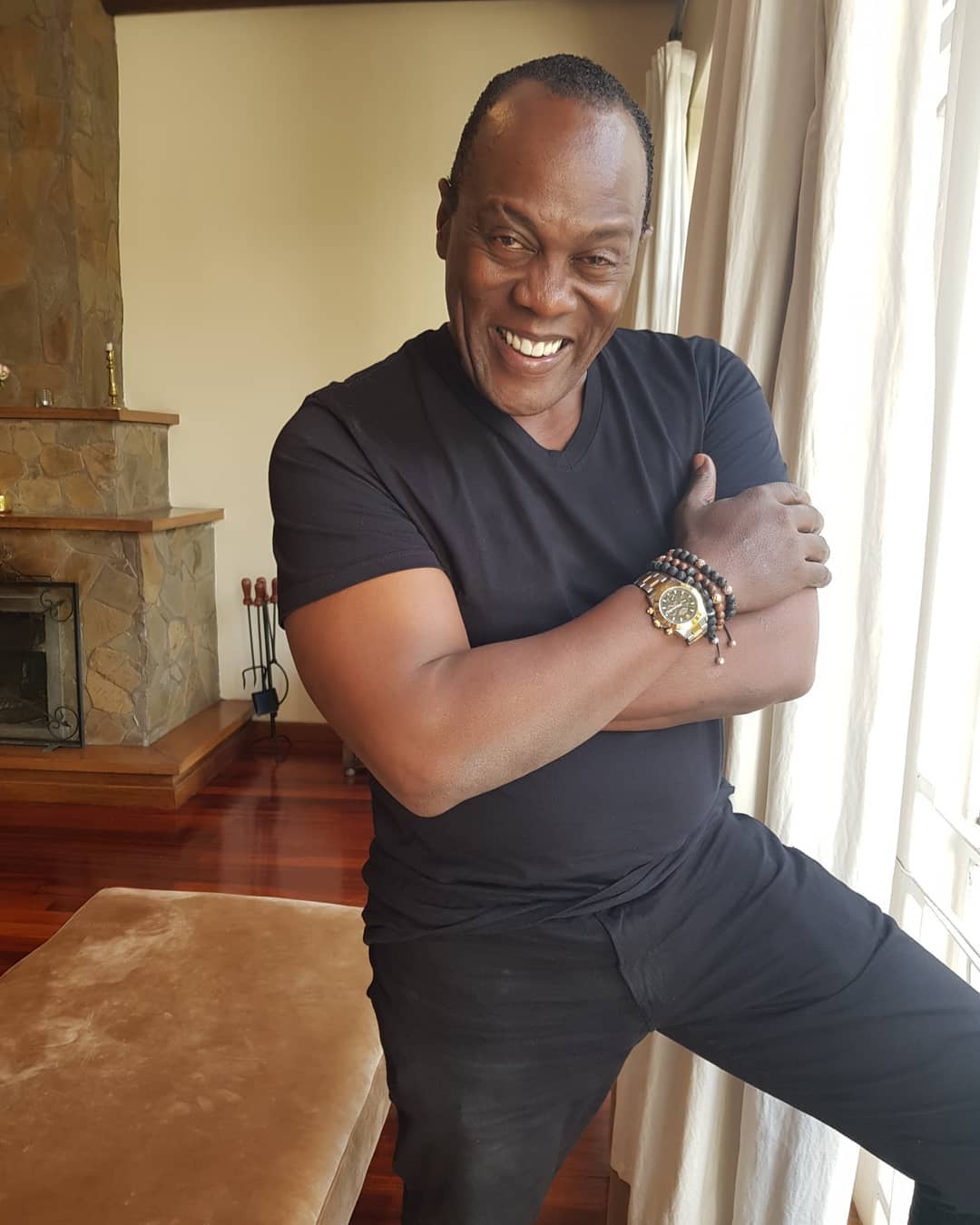Veteran journalist Jeff Koinange opened up on two key events that grabbed his attention back in 1993-94 period that convinced him to pack his bag and quit his lucrative post at NBC News in the US.
The veteran journalists opened up the life-changing news just before going on to read a chapter from his book Through My African Eyes, in an episode posted on his YouTube channel on May 20.

Having secured a dream post at one of America’s leading media houses, the outspoken journalists confessed to finding it hard to even consider moving back to Kenya.
“By that time I was already married to my first wife Sonya, a fantastic lady, I was living the American dream and never thought of coming back to Kenya.
“But it was while working at NBC News that I saw two stories that changed my mind completely and made me want to come to Africa,” he narrated.
The first story was the infamous ‘Black Hawk Down’ incident in Somalia, where 19 US Special Forces soldiers were killed by Somali fighters, with some of them having their dead bodies dragged along the streets of Mogadishu, Somali.
The fierce battle was fought on October 3, and 4, 1993, in Mogadishu, Somalia, between forces of the United States, supported by UNOSOM II, and Somali militiamen loyal to warlord Mohamed Farrah Aidid.
The American Task Force Ranger was dispatched to seize two of Aidid’s high-echelon lieutenants during a meeting in the city, where things turned from bad to worse.
“This was huge news in America, but for me, it was a story being told from the American perspective. It wasn’t about the fighting in Somalia or the locals.
“I said to myself, what about the other side? That was story number,” Koinange recalled.

The other story touched on the lack of coverage given to the Rwandese Genocide, with all the major news networks turning their lenses firmly to Pretoria in South Africa, where, Nelson Rolihlahla Mandela was being sworn in as the first black president of South Africa on May 10, 1994.
“The entire world had focused its entire coverage on that, yet a few hundred kilometres away in a tiny little-known country called Rwanda, a genocide was taking place.
“More than 10,000 people were being killed every single day for a hundred days! Do the math, that’s a million people in 100 days,” he narrated.
This really irked the veteran journalist and was the final straw, after which he simply quit and set his sights on his motherland, Africa.
“I kept saying to myself, how come that story is not being told? How come no one is bothered about a genocide taking place in the 20th century? Right there and then, I decided that this was it for me,” he explained.
“If you want to tell your story, you have to be there on the ground yourself to tell the story,” he added.
He then reached out to the famous photojournalist Mohamed Amin (Mo Amin), who was working with Reuters at the time, and asked if he could move back home and work under him.
“He said ‘listen, Jeff, pack up and come home, there’ll always be something for you’,” he narrated.
That was how the famous journalist ended up working for Reuters in Nairobi for 3 years before being posted to Abidjan in Ivory Coast, where his experience is well documented in his gripping book.